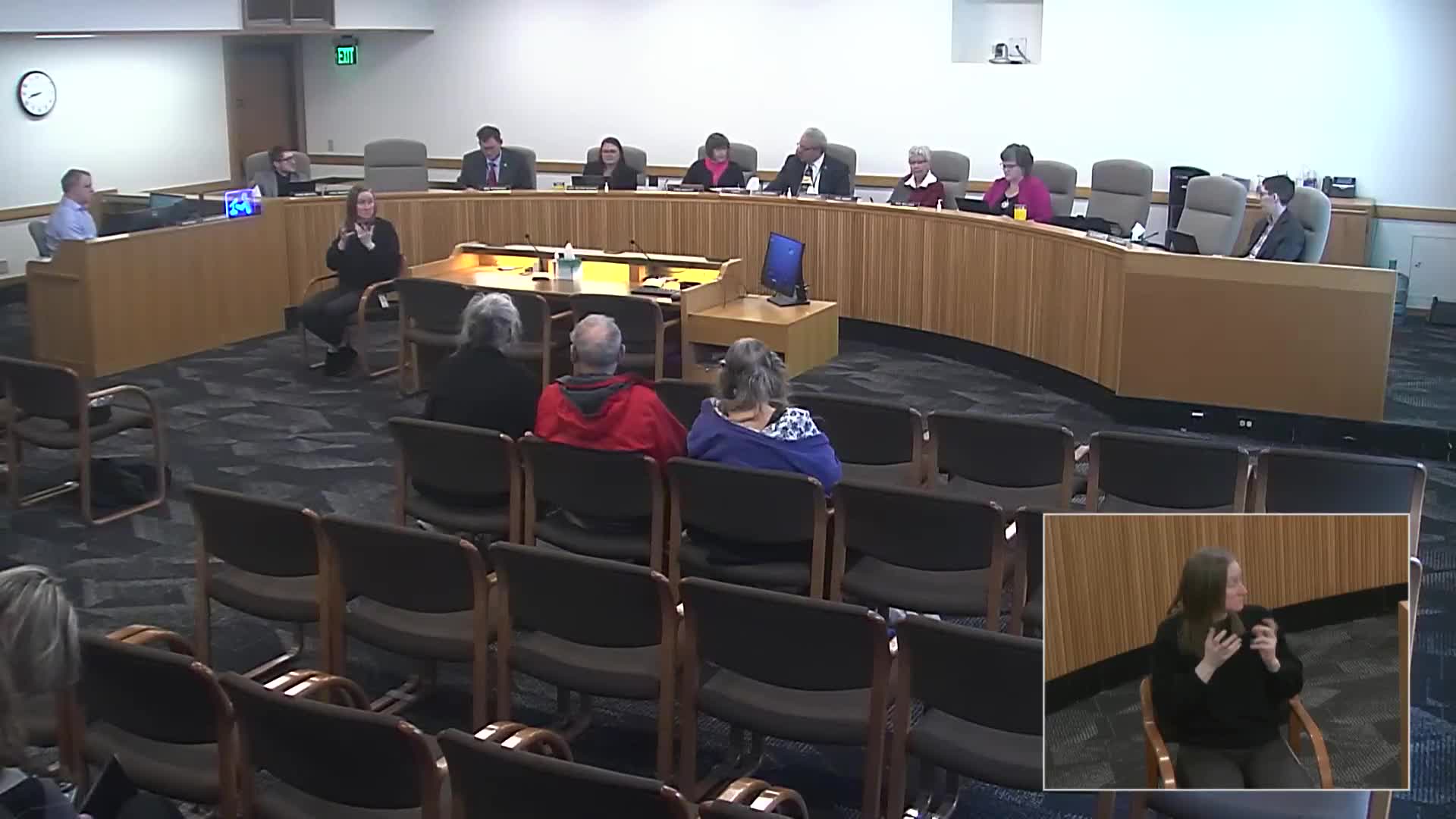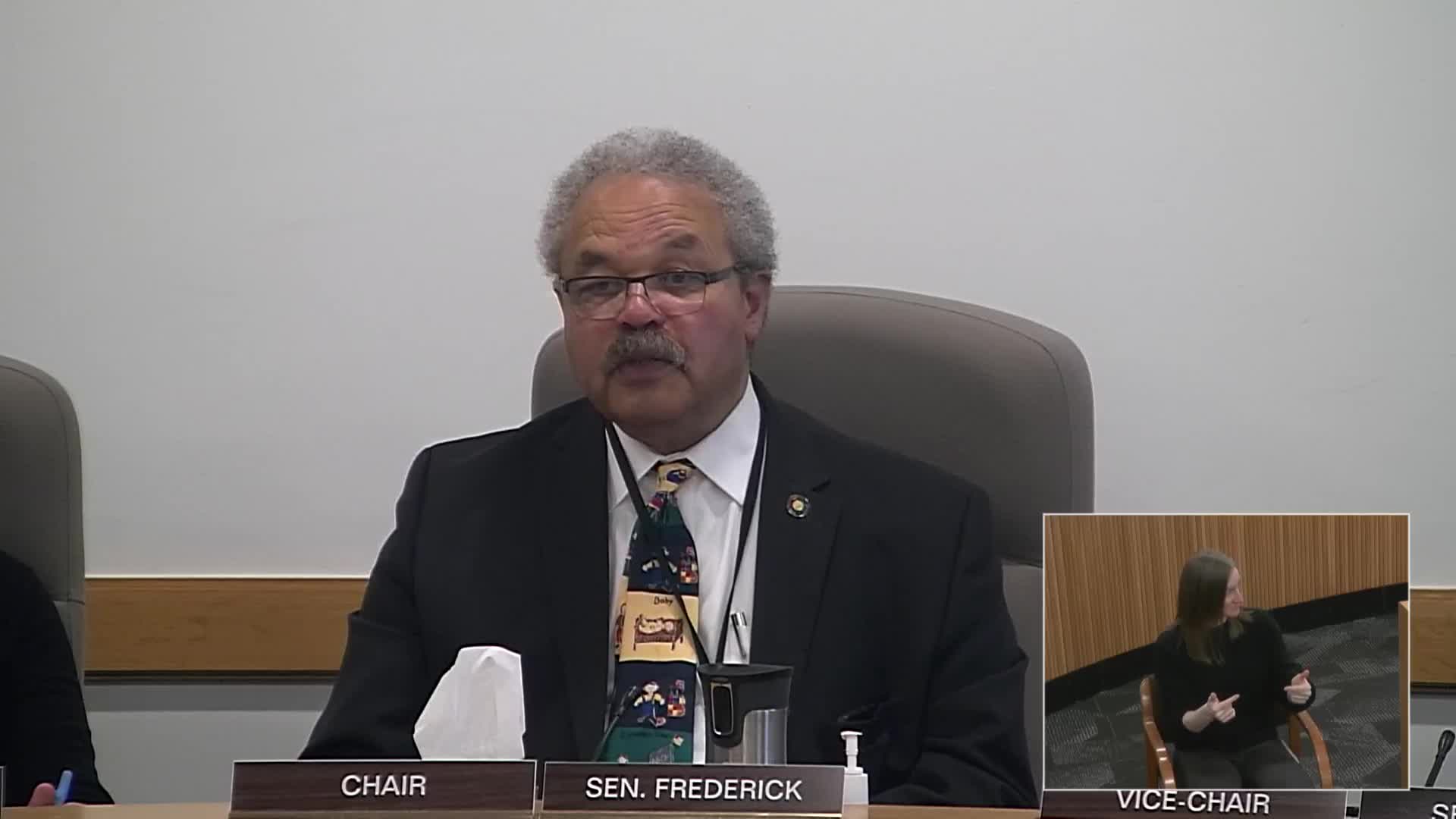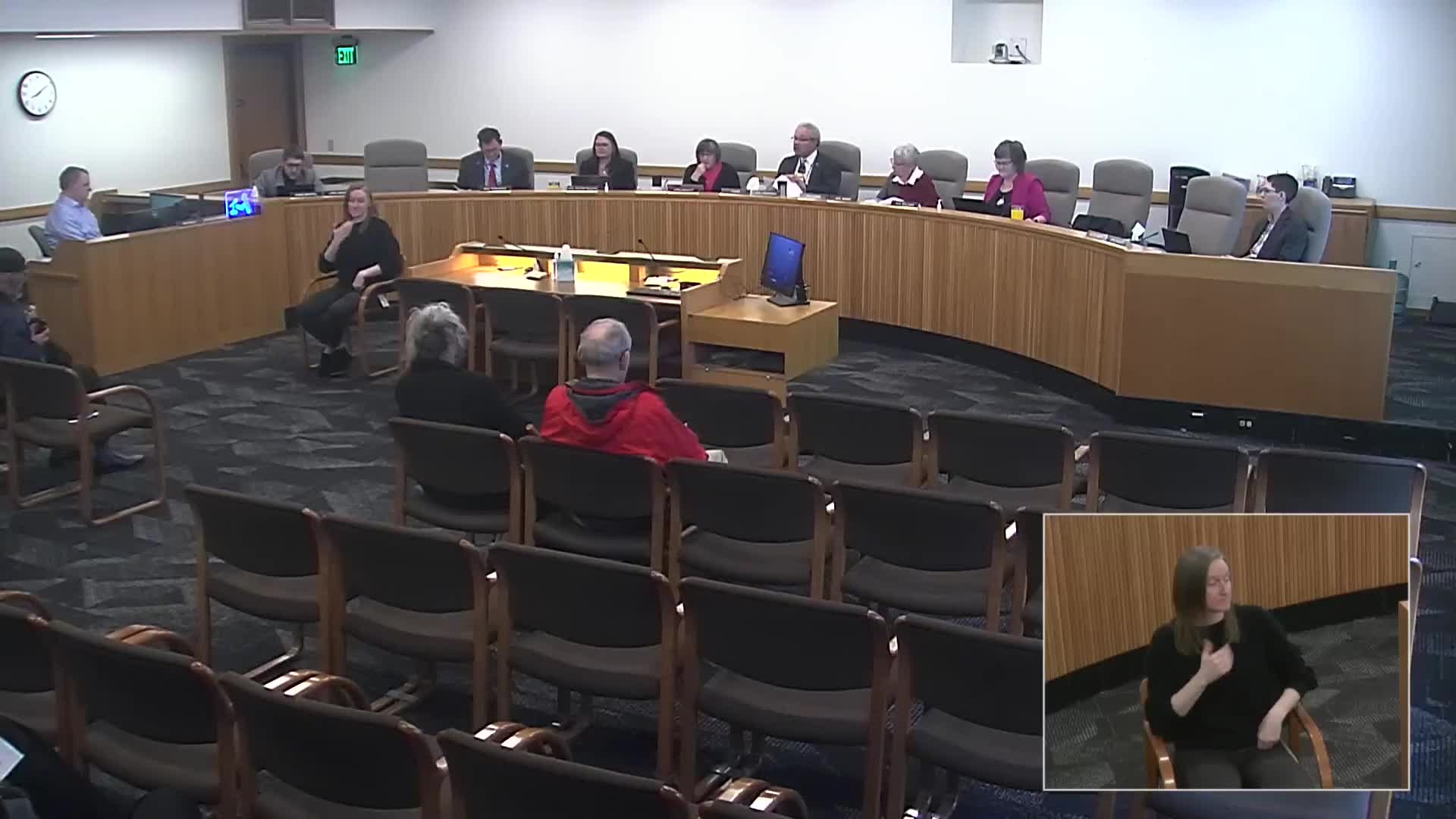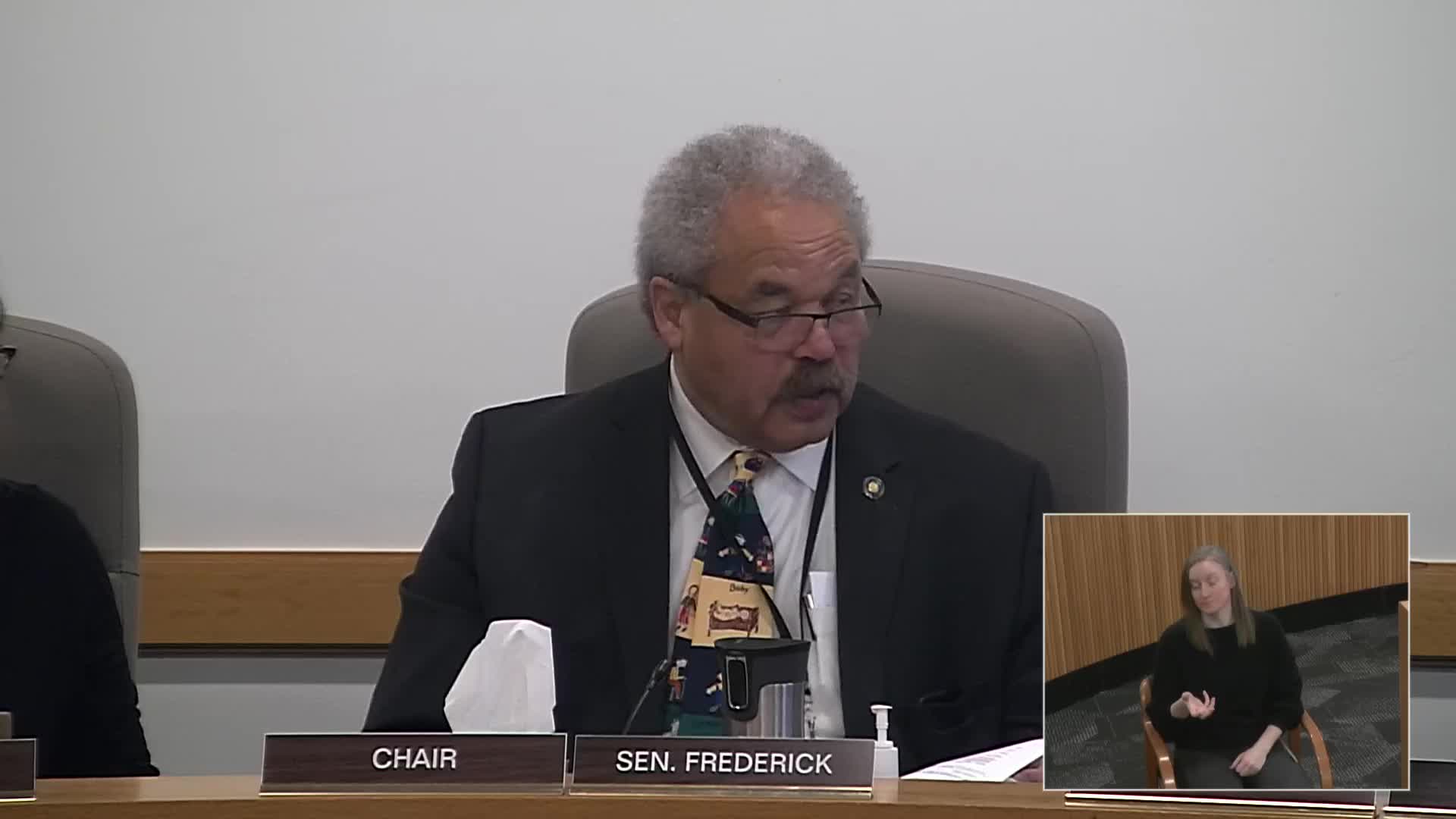Article not found
This article is no longer available. But don't worry—we've gathered other articles that discuss the same topic.

Committee hears three technical bills clarifying rules on abbreviated school days

Senate committee hears informational presentation on House Bill 2007 to stabilize summer learning funding

Committee advances $6 million absenteeism grants bill to Ways and Means

Committee carries over $1.5 million OHSU-AHEC residency collaborative bill after guardrail questions

